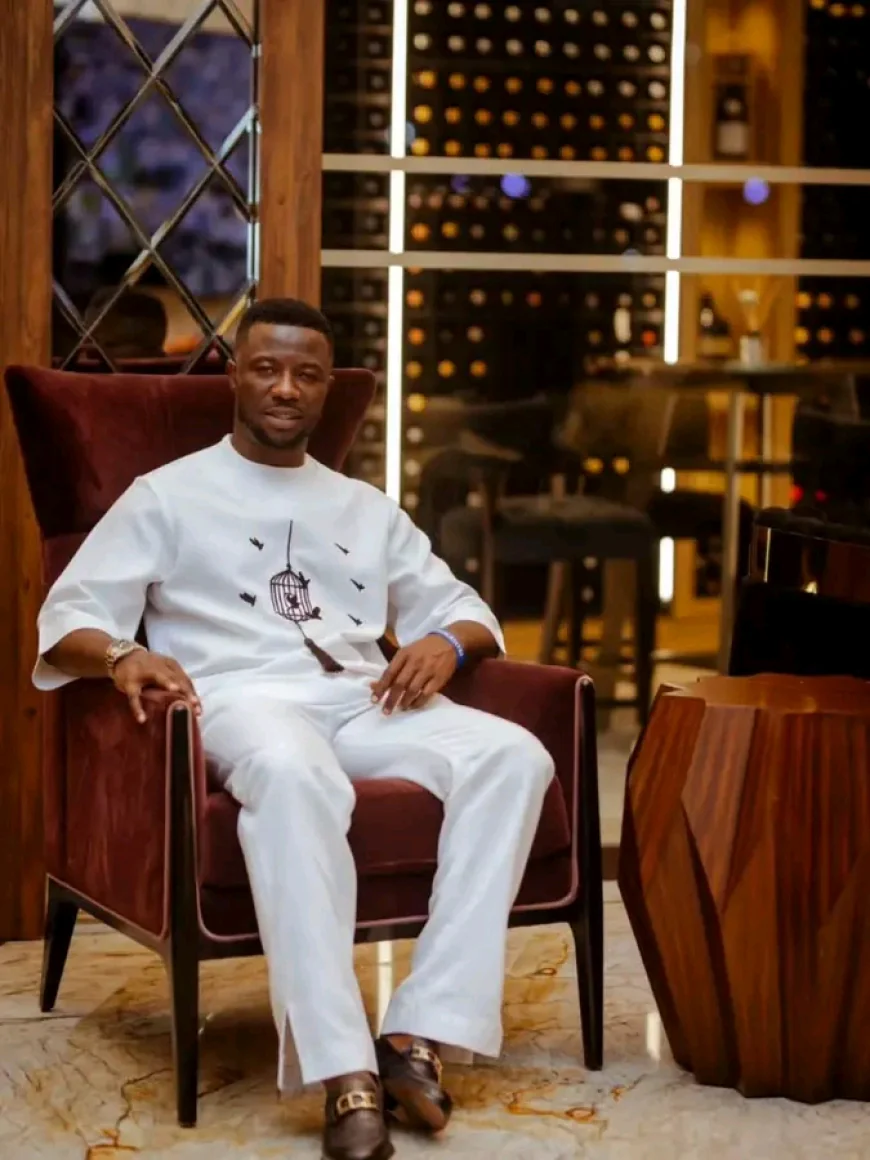Sex Toys Are Destroying Women’s Vaginas – Kwaku Manu Alleges
Ghanaian actor Kwaku Manu has claimed that sex toys are harming women’s vaginas and affecting natural intimacy. His comments have sparked public debate, with some agreeing and others criticizing the lack of medical evidence. Health experts say sex toys are generally safe if used properly, emphasizing the need for accurate sexual education and hygiene. The statement has reignited discussions on sexuality, culture, and health awareness in Ghana.
Ghanaian actor and media personality Kwaku Manu has sparked widespread debate following his recent comments on the use of sex toys among women.

Speaking during a media interaction, Kwaku Manu alleged that the increasing popularity of sex toys is negatively impacting women’s health, particularly their reproductive systems. According to him, some women are becoming overly dependent on artificial pleasure devices, which he claims is causing physical harm and distancing them from natural intimacy.
> “Some of these sex toys are destroying women’s private parts. They are becoming addicted to them and it’s affecting real relationships,” he said.

His comments have triggered mixed reactions, with some supporting his views based on cultural and moral grounds, while others have challenged the claims, calling for a more informed and medically-backed discussion on sexual health.
Health experts, on the other hand, maintain that when used correctly, sex toys are generally safe. They stress the importance of hygiene, moderation, and choosing quality products designed specifically for intimate use. Medical professionals also caution against spreading fear or stigma, especially in societies where open discussions about sexuality are still developing.
Sexual wellness advocates are urging the public to seek accurate information and approach the topic with maturity and responsibility.
As conversations continue to unfold, Kwaku Manu’s comments have undeniably brought attention to an area often overlooked in Ghana’s public discourse — the intersection of modern sexuality, cultural beliefs, and health education.




